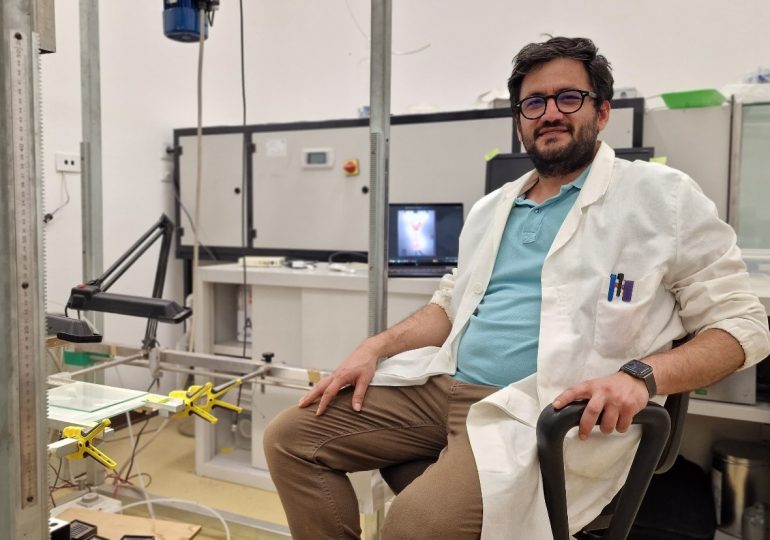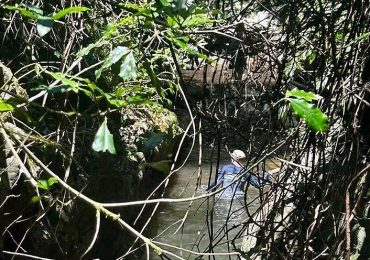In our new post, Tuğcan Alınç, postdoctoral research at University of Palermo, presents his work ‘Root inoculation with beneficial soil microbes enhances indirect plant defenses induced by insect feeding and egg deposition’. He unveils the wonderful complexity of biotic interactions, discusses the importance of indirect paths for sustainable agriculture, and shares his inspiring visits to his grandfather’s farm.
About the paper
Plants have evolved various defense mechanisms against herbivores, including the emission of oviposition-induced plant volatiles (OIPVs) that attract parasitoids that kill herbivore eggs. Recent research suggests that plant-associated microbes can modulate these plant defense responses, yet there has been limited information on how beneficial soil microbes affect indirect plant defenses induced by egg deposition.
To fill this gap, our paper investigates how root inoculation with the beneficial soil fungus Trichoderma harzianum strain T22 influences the indirect defenses of tomato plants induced by insect feeding and egg deposition activities. Specifically, we examined the interactions within a tritrophic system involving tomato plants, the southern green stink bug (Nezara viridula), and its egg parasitoid (Trissolcus basalis).
Our experiments demonstrated that tomato plants inoculated with T. harzianum T22 were more attractive to the egg parasitoid T. basalis than non-inoculated plants. Using Y-tube olfactometer assays, we found that T. basalis females significantly preferred the volatiles emitted by plants inoculated with the beneficial soil fungus compared to non-inoculated plants when the plants induced by stink bug feeding and egg deposition activities. Chemical analysis using gas chromatography-mass spectrometry (GC-MS) revealed that root inoculation with T. harzianum T22 altered the composition of the emitted volatiles. Key compounds such as green leaf volatiles and terpenoids were more prominent in inoculated plants, linking the attraction of T. basalis.
Our work is among the first studies to demonstrate that beneficial soil microbes can enhance indirect plant defenses specifically induced by insect egg deposition. While previous research has focused on plant-microbe interactions in the context of herbivory, our work highlights that beneficial soil microbes enhance the attraction of egg parasitoids attacking herbivore eggs.
About the research
These findings provide information on the potential of using beneficial soil microbes to enhance plant defenses against herbivores. This could be a promising strategy in sustainable crop protection in order to minimize plant damage inflicted by insect pests. However, whether these microbe-mediated effects can be generalized across various plant-insect interactions in different environmental contexts remains to be investigated. Further research is also needed in order to explore whether microbe-mediated egg-induced plant defenses are displayed by different plant cultivars. Finally, understanding the long-term implications of microbial inoculation on plant defenses is crucial for developing sustainable agricultural applications.
About the author
My fascination with ecology began during childhood visits to my grandfather’s farm. These early experiences in the village, observing the interactions between insects, plants, and the environment, represented a landmark point that shaped my future studies. Thus, I pursued a Bachelor’s degree in Plant Protection, a Master’s in Entomology and PhD in Insect Ecology. Currently, I am a postdoctoral researcher at the Department of Agricultural, Food, and Forest Sciences, University of Palermo. My work here mainly focuses on plant – insect – microbe interactions and my ambition are to contribute towards a better understanding of ‘the secrets of this world’.
Like the blog post? Read the research article here.
Leave a comment





